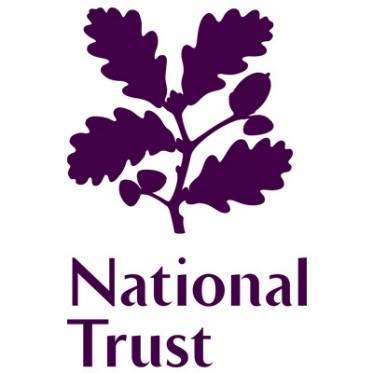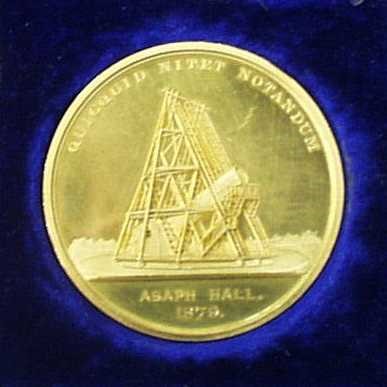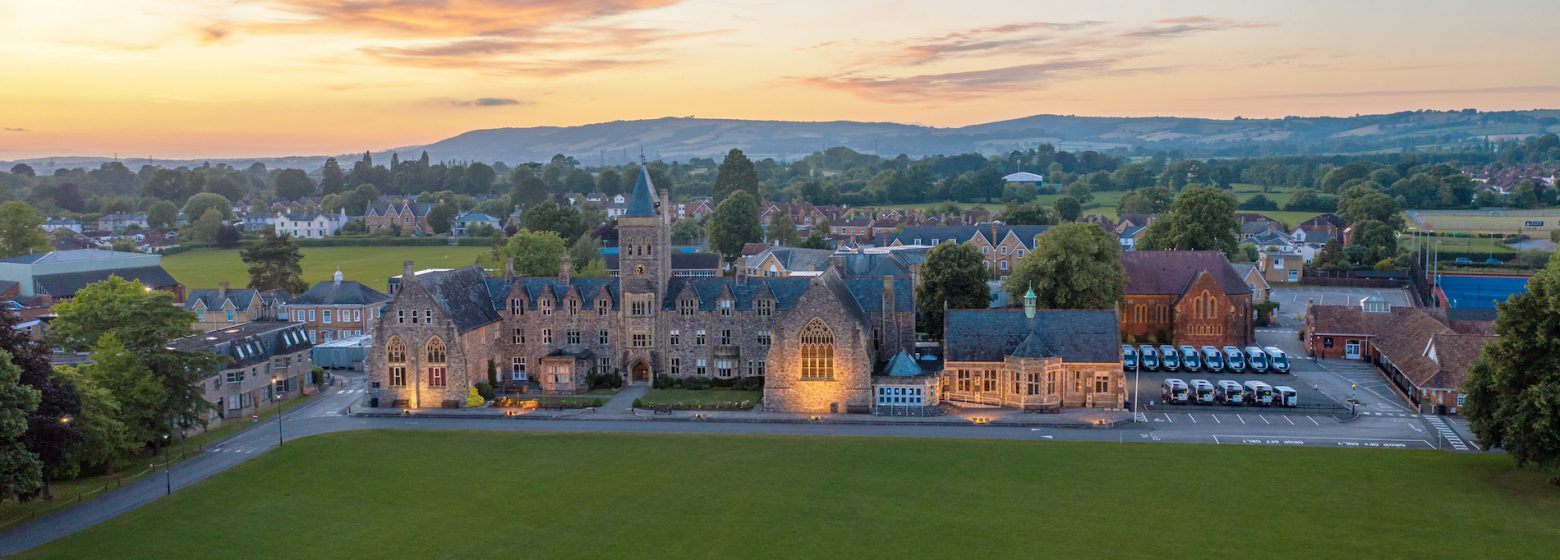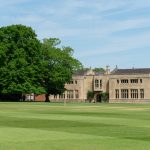ON THIS DAY IN HISTORY … 12th January
Each Tuesday the intrepid team of TPS History detectives meet to delve into the past and research famous events to coincide with the publishing date of The Courier that week. They have only one hour to research, write and illustrate their articles. We hope you enjoy them and discover some fascinating bits of History.
Joanna Hall-Tomkin, Head of History and Pastoral Head Years 5&6
The National Trust is founded 1895

The idea of the National Trust is born when Octavia Hill, one of the founders, is asked to help preserve Sayes Court garden in south east London. Within a few weeks of the National Trust being registered under the Companies Act, they were given their first place: five acres of cliff top at Dinas Oleu in Wales. They acquired their first nature reserve with the purchase of two acres of Wicken Fen, near Cambridge.
The National Trust currently owns over 350 heritage properties, which includes many historic houses and gardens, industrial monuments, and social history sites. Most of these are open to the public, usually for a charge. Others are leased, on terms that manage to preserve their character. The Trust is one of the largest landowners in the United Kingdom, owning over 247,000 hectares (950 sq mi) of land, including many characteristic sites of natural beauty, most of which are open to the public free of charge.
1948 Supermarket Sweep!
On this day in history the first supermarket in Britain was opened in east London in Manor Park by the London cooperative society. Housewives queued in the bitter cold outside the Manor Park store on opening day. Legend has it they were transfixed by the wide selection. It was different to the other shops because it had such a variety of goods. In addition, people served themselves, which was a real novelty!

Royal Astronomical Society 1820

On this day in history in 1820, the Royal Astronomical Society (RAS) was founded by Sir John Fredrick Herschel.
The aim of the society was the collection, reduction and publication of observations and astronomical tables. The founders intended to reward research and its gold medal is still the biggest accolade in the astronomical world.
At first it was not open to women until 1835, when two women were elected honorary members, their names were Caroline Herschel and Mary Somerville and they were elected due to them winning the Royal Astronomical Society gold medal.
There are roughly 35,000 bound items in their library, including manuscripts, journals and maps. Since 1922 the society has published journals in the related field of geophysics.
The highest award of the Royal Astronomical Society is its Gold Medal, which can be awarded for any purpose but most frequently recognises extraordinary lifetime achievement. Among the recipients best known to the general public are Albert Einstein in 1926, and Stephen Hawking in 1985.





